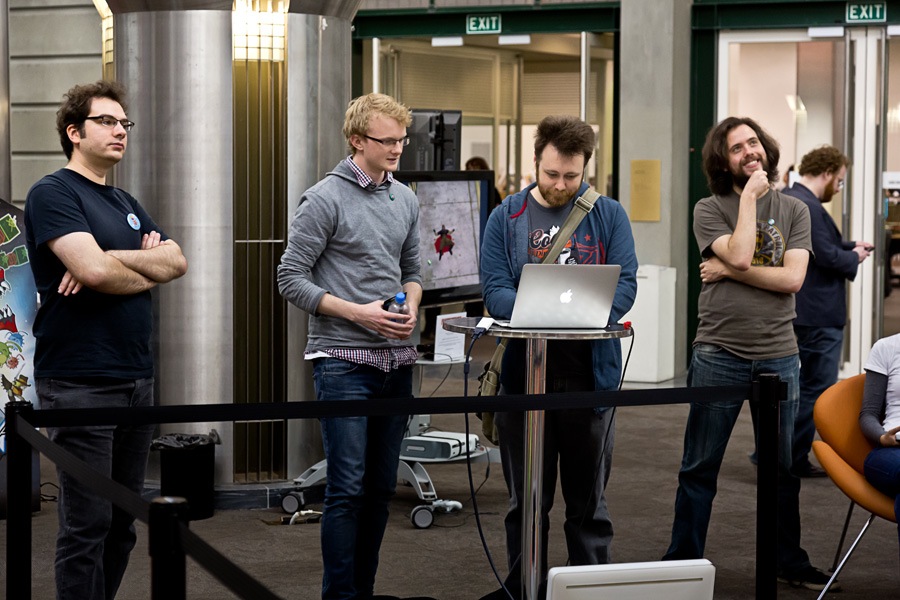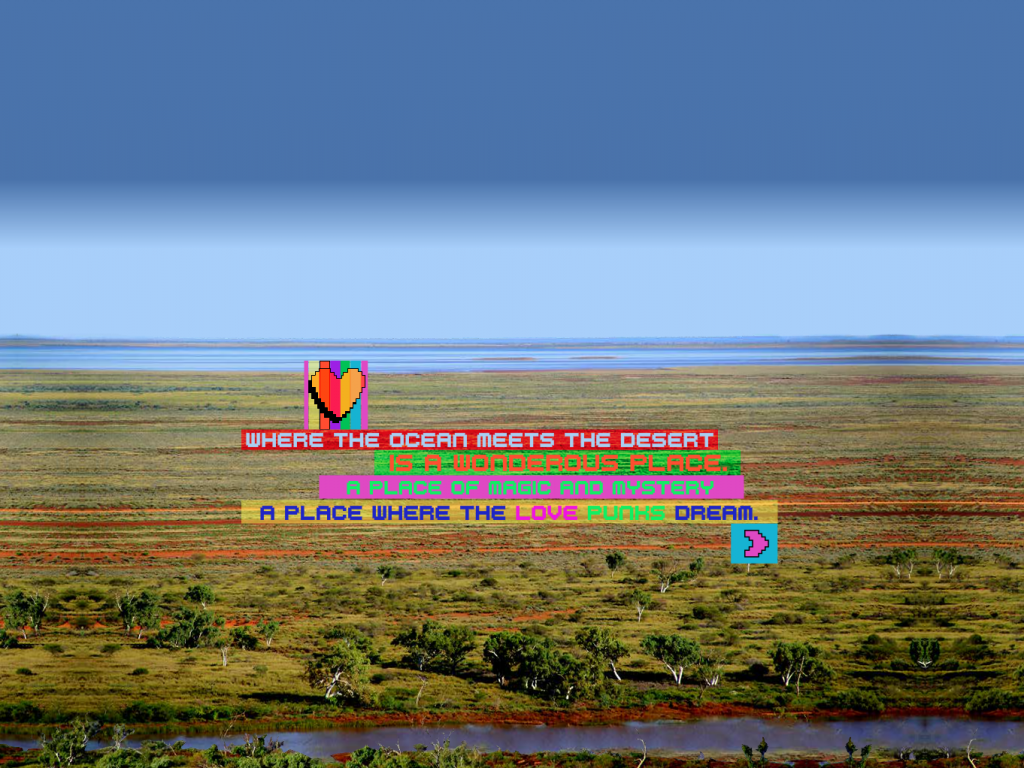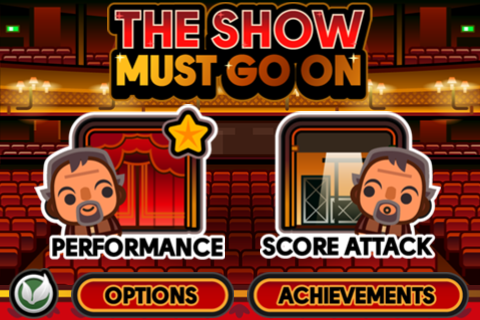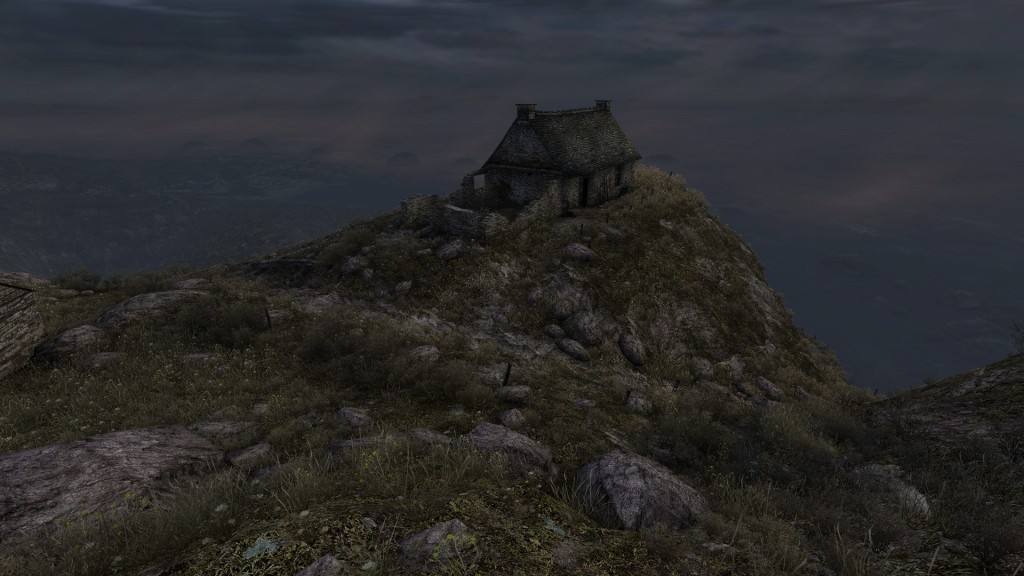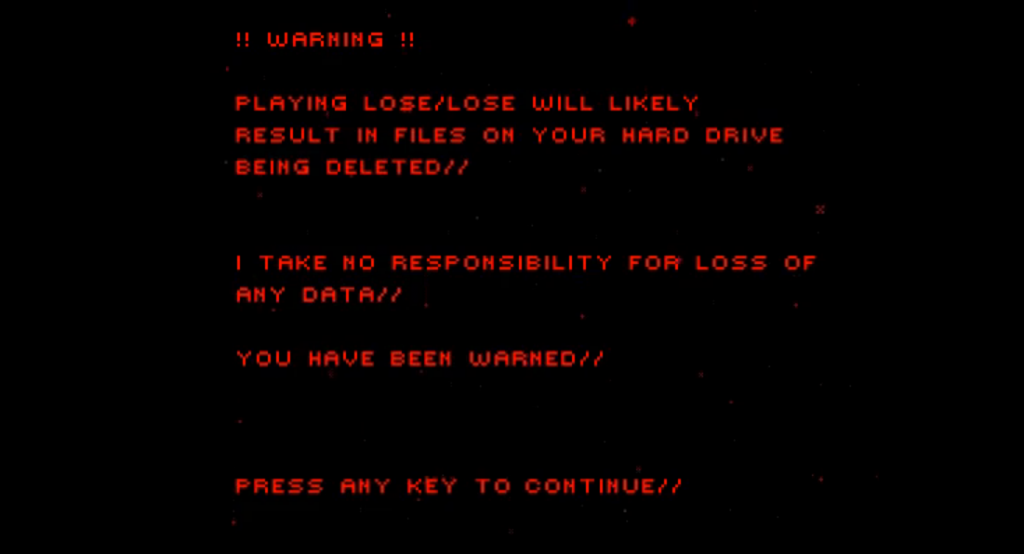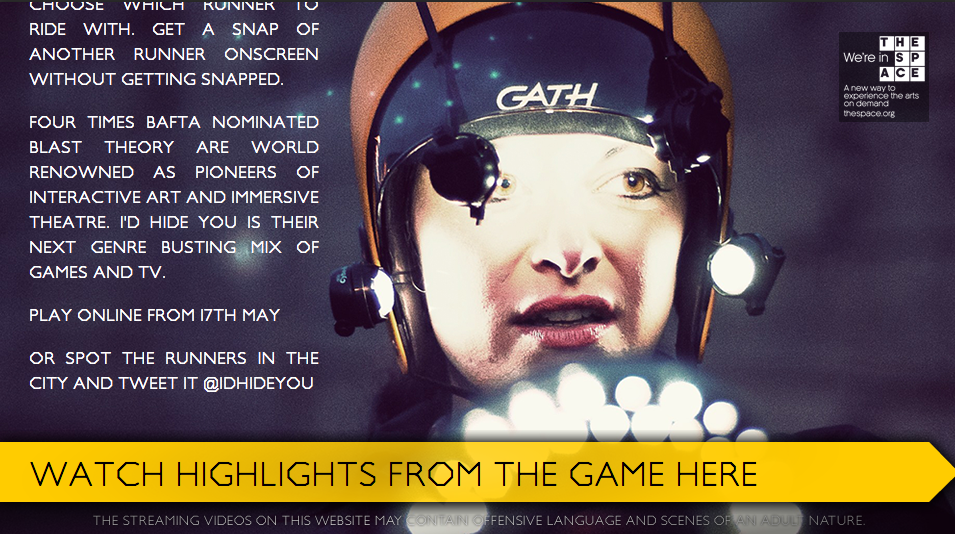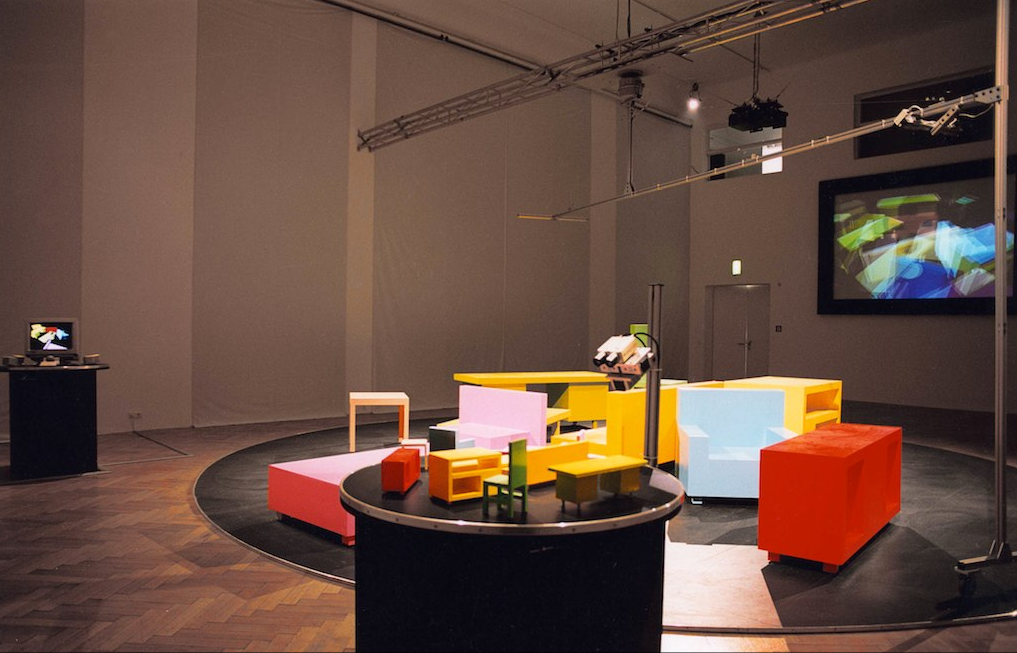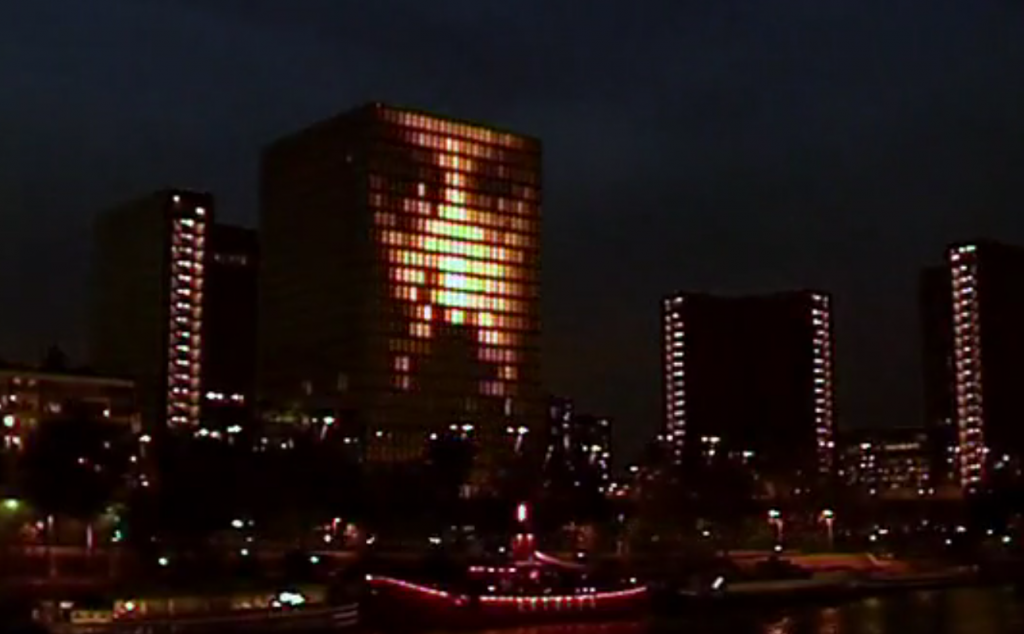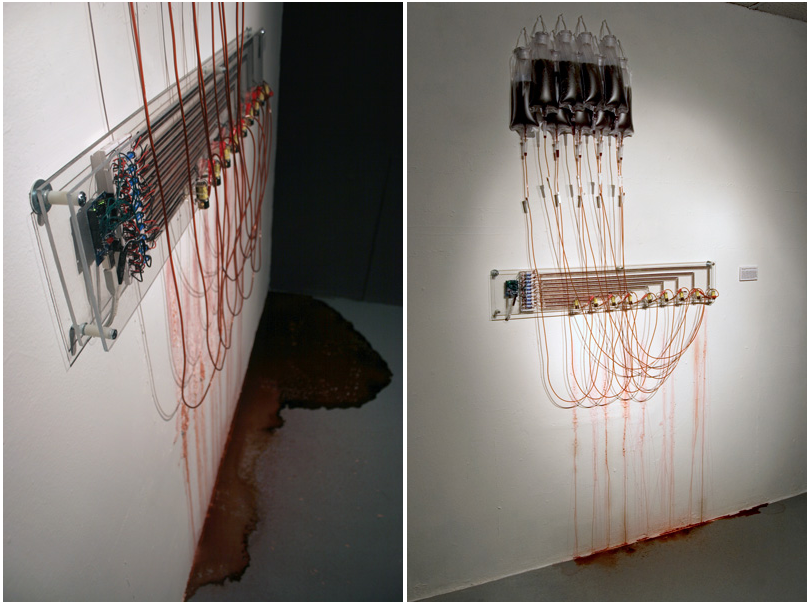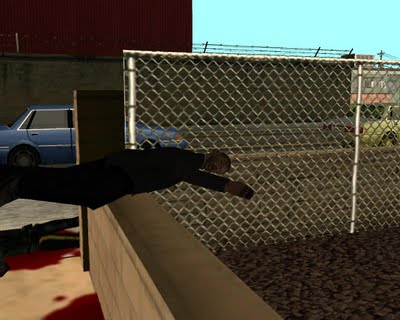Last month I presented an arts/games curation (amongst other things) for the Freeplay Independent Games Festival in Melbourne. It was a real treat of a gig because I got to dig out old media arts archives and play all manner of computer and videogames in the name of work.
Again thanks to the wonderful outgoing Director Paul Callaghan for inviting me to curate this & reigniting my love for play all over again.
Here is a repost of the essay originally published by Freeplay, explaining what I selected, and why…
Gracefully Chaotic curatorial essay
I have been describing myself as a ‘newbie gamer’ for the last couple of years but there is still way more chaos than grace in my personal gameplay capabilities. Don’t get me wrong, I have dabbled for years, taking my turn of the controller at friends’ houses, but never with much skill or obsession. The repetition or bloodlust of most titles bored me and older lo-res graphics/audio bleeps left me unstimulated and wanting. As a media artist exploring interactivity and shared narratives, it always felt like we were missing something.
I often get into trouble using the word ‘interactive’ when I talk about the arts. I am frequently reminded that the immersion one can feel in a novel, performance or even a painting can – and should be – considered an interactive experience. However, I maintain there is a significant difference between an audience passively observing or actively playing a part in that creative space. With both media arts and games there can be unique moments where the artist, the artwork and the audience come together in a way that is much more dynamic and changes the very nature of the work itself.
In the last few years it seems rich graphics, speedy video cards and narrative gameplay have more than overtaken my lofty expectations. I am increasingly wowed by the beauty and emotional affect of both console and casual games, regardless whether designed by people calling themselves artists or developers.
With this collection I wanted to bring together a range of playable and documentation pieces that cross the arts/games space. Some will be well known by the games community and some more familiar to the arts world. This is far from a definitive list, more a starting point for conversation about how arts and games crossover and what we can learn from that exchange.
LovePunks
Lovepunks is a browser-based Flash game made by (and for) a young indigenous community in Roebourne, WA through Big Hart’s Yijala Yala Project. I challenge anyone who plays this to not grin alongside the punks; their ownership of the process and the strength of their identity is tangible. It is unsurprising that it has already gained such attention and award-winning acclaim.
The Show Must Go On
The Show Must Go On is an iPhone game developed in collaboration between The Royal Opera House and UK developers Hide and Seek. A day-in-the-life of a busy Stage Manager prepares you for tonight’s performance through a series of challenges. Your expertise (or lack of) dictates the quality of that night’s show in a lighthearted, educational and pretty addictive manner.
Dear Esther
Dear Esther, by The Chinese Room, will be the most familiar to the traditional games audience but actually started life as an Arts & Humanities Research Council project exploring storytelling and gameplay. This is a beautiful yet somber interactive narrative that takes me back to my Welsh mountain roots.
Lose/Lose
Lose/Lose sets a Space Invaders-style challenge big enough to scare even the most heavyweight gamers. Zach Gage invites you to download the game on your own Mac and fire away. Each enemy ship is randomly attached to a real file on your hard drive; shooting the ships deletes the files. The better you are, the faster you destroy your own computer data and system.
I’d Hide You
I’d Hide You is one of many examples of pervasive performance art gaming by UK group, Blast Theory. In this live, shared experience physical players run around the streets (in this case, Manchester) while online players watch via webcast, provide instructions via chat and ‘shoot’ their opponents by clicking the screen.
Systems Maintenance
Systems Maintenance by Perry Hoberman is an older work that falls more into the goal-oriented interactive installation art play space. Three versions of a room are presented to the public; one virtual, one large scale and one small scale. The challenge for the audience and adjustment crew is to create order/disorder within the three spaces.
Arcade
Project Blinkenlights started as an homage to Chaos Computer Club founder Wau Holland in Berlin. The second event, Arcade, was held at Nuit Blanche arts festival in Paris in 2002. Here they turned 26 windows on 20 floors into a digital canvas of 520 pixels for animations & games. The games included Pong, Tetris and Pacman, and were all controlled by mobile phones.
What is is Without the Hand that Wields it
What it is Without the Hand That Wields it by Riley Harmon connects gamesworld digital to artsworld physical through a kinetic sculpture exhibited in a gallery. The back-end of the work monitors Counter-strike (a popular online first-person shooter), spraying the gallery walls with a jet of fake blood for every virtual kill.
Telling Death
And finally, in Telling Death, Pippa Tshabalala takes a visual arts approach to videogaming. Each time she killed a character in Grand Theft Auto she would take a screengrab and publish it to a blog. The progression of collecting these images, abstracted from their normal context, lead her to change how and where the kills took place, a choreography of virtual death.
Thanks
My sincere thanks to Paul Callaghan for his inspiration and newbie-hand-holding over the last few years; Bryan Ma for his insights into the arts/games crossover space, and Ben McKenzie, Sarah Jansen & the whole Freeplay team for general awesomeness. Thanks also to Experimedia and Hamish Curry at the State Library of Victoria for providing a free public access venue in which to play.
Credits
Lovepunks, BighART / Yijala Yala Project (AU). 2012. [Flash].
The Show Must Go On, The Royal Opera House & Hide and Seek (UK). 2011. [iPhone].
Dear Esther, the chinese room, (UK) 2012. [PC/Mac/Steam].
Lose/Lose, Zach Gage, (USA). 2009. [Mac; shown as documentation].
I’d Hide You, Blast Theory (UK). 2012.
Systems Maintenance, Perry Hoberman (USA). 1998.
Arcade, Project Blinkenlights (G). 2002.
What it is Without the Hand That Wields it, Riley Harmon (USA). 2008.
Telling Death, Pippa Tshabalala (South Africa). 2009.

